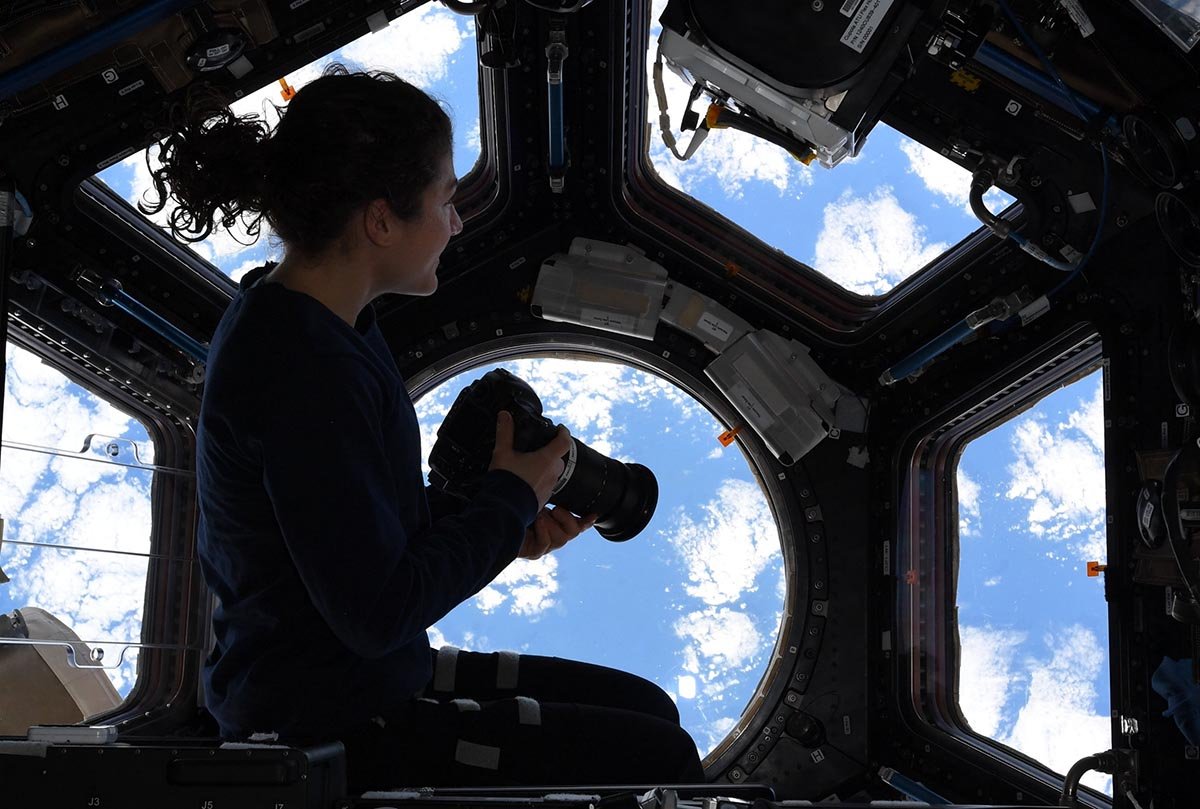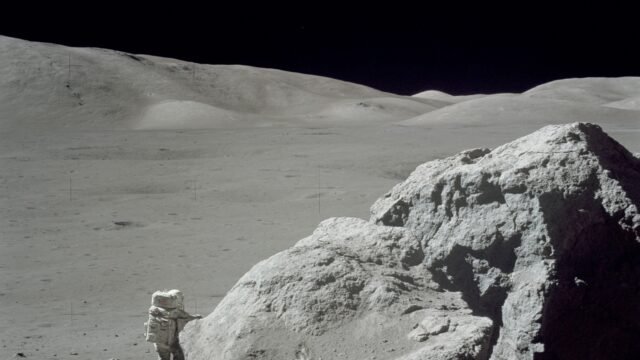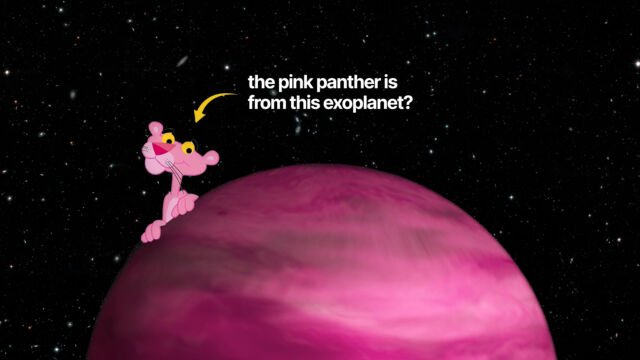NASA will provide grant funding to hundreds of small aerospace businesses to accelerate their technologies. This is part of a government program aimed at seeding innovative American enterprises.
NASA has awarded grants to 249 small aerospace businesses and 39 research institutions to accelerate their technologies, each award includes $150,000 for a total investment of $45 million.
The investment is Phase I grants under the space agency’s Small Business Innovation Research (SBIR) and Small Business Technology Transfer (STTR) programs. The grants are an important part of the space startup ecosystem and can connect companies to NASA and indicate potential future interest in their technology.[1]
Among the recipients are a few space startups seeking venture capital to fund their businesses. Argo Space Corporation was recognized for its tiny, reusable Argonaut spacecraft transfer vehicle.
Starfish Space was also awarded a portion of the SBIR funding to develop its Nautilus in-space docking and capture technology.
NASA issues solicitations for SBIR and STTR proposals annually, focusing on choosing technologies that align with the agency’s mission requirements. These grants are relatively small, but are an important part of the overall space startup ecosystem, according to Carissa Christensen, CEO and founder of analytics firm BryceTech.
“Winning an SBIR grant, in addition to the resources that it brings in, can connect the company to an agency like NASA, [which] builds relationships, provides access to experts and insight,” she said.
The award also acts as a signal that NASA is potentially interested in purchasing this technology in the future, she said, though it’s no guarantee of a contract.
“It’s a demand signal that I think is relevant and that I think investors value.”
Nou Systems Inc. and HyBird Space Systems are two companies highlighted in NASA’s press release.
Nou Systems is developing a technology to monitor the microbial environment in spacecraft, while HyBird Space Systems is developing a retro braking propulsion system for de-orbiting space junk.
SpaceX, the world’s most successful space company, received millions in government funding to develop its core technologies. NASA now relies on SpaceX’s Raptor rocket engines, Dragon spacecraft, and Falcon 9 rocket for astronaut transportation, launch, and other services.
“NASA has a key role to play in growing the aerospace ecosystem in our country,” Jenn Gustetic, director of early-stage innovation and partnerships for NASA’s Space Technology Mission Directorate, said in the press release.
“Through these early-stage small business awards, we are inviting more innovators into this growing arena and helping them mature their technologies for not only NASA’s use but for commercial impact.”
Companies can apply for Phase II grants and other opportunities based on their progress during Phase I.
The Phase II grant will award companies up to $850,000 and an opportunity to qualify for Phase III and beyond opportunities.
References
- Aria Alamalhodaei, ‘NASA spends $45M to seed tech from hundreds of space businesses’ TechCrunch, 7 June 2023, https://techcrunch.com/2023/06/07/nasa-spends-45m-to-seed-tech-from-hundreds-of-space-businesses/[↩]





